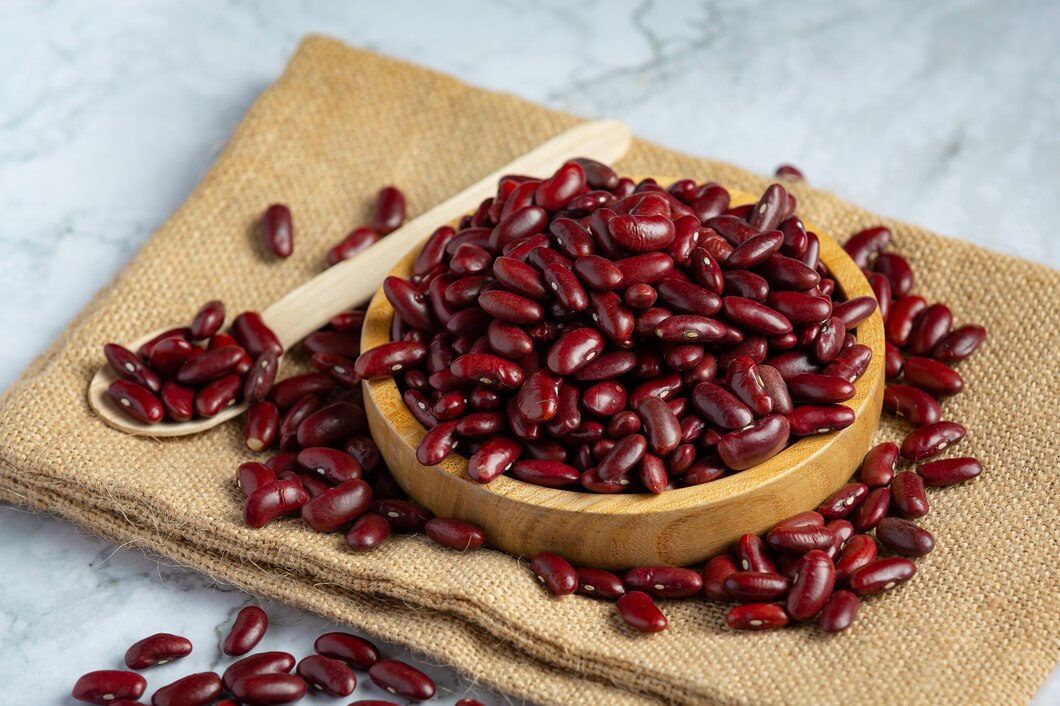While many foods are nutritious and delicious, some contain natural toxins that can pose significant health risks if not prepared or consumed correctly. Here are ten foods that can be dangerous due to these natural toxins:
1. Fugu (Pufferfish)
Fugu, a delicacy in Japan, contains tetrodotoxin, a potent neurotoxin. Found in the liver, ovaries, and skin of the fish, this toxin can cause paralysis and death if the fish is not properly prepared by a licensed chef.
2. Cassava
Cassava, a staple food in many tropical countries, contains cyanogenic glycosides, which can release cyanide when the plant cells are damaged. Proper peeling, soaking, and cooking are essential to reduce the toxin levels.
3. Rhubarb Leaves
Rhubarb stalks are commonly used in desserts, but the leaves contain oxalic acid and anthraquinone glycosides, which can cause serious health issues like kidney stones, convulsions, and even death.
4. Red Kidney Beans
Raw or undercooked red kidney beans contain phytohaemagglutinin, a lectin that can cause severe nausea, vomiting, and diarrhea. Boiling the beans for at least 10 minutes can deactivate the toxin.
5. Elderberries
While elderberries are often used in jams, syrups, and wines, the seeds, leaves, and stems contain cyanogenic glycosides. Proper cooking can destroy these toxins, making the berries safe to consume.
6. Ackee
Ackee, the national fruit of Jamaica, contains hypoglycin A and B, toxins that can cause “Jamaican vomiting sickness” if the fruit is not fully ripe or properly prepared. Only the yellow arils are safe to eat once the fruit has naturally opened.
7. Bitter Almonds
Bitter almonds contain amygdalin, which can release cyanide when ingested. Cooking or processing is necessary to reduce the cyanide content and make them safe for consumption.
8. Starfruit
Starfruit contains oxalic acid, which can be harmful to individuals with kidney problems. In severe cases, consumption can lead to kidney failure, seizures, and even death.
9. Nutmeg
While nutmeg is commonly used as a spice, consuming large quantities can lead to nutmeg poisoning, caused by myristicin and safrole. Symptoms include hallucinations, nausea, and convulsions.
10. Potatoes
Potatoes contain solanine, a glycoalkaloid toxin, particularly in the green parts and sprouts. Solanine can cause gastrointestinal distress, and neurological symptoms, and can be fatal in high doses. Proper storage and removing green or sprouted parts before cooking can minimize the risk.
Understanding the potential risks associated with these foods and knowing how to prepare them properly can help prevent foodborne illnesses and ensure a safe and enjoyable dining experience. Always exercise caution and follow recommended guidelines when handling and cooking these potentially dangerous foods.








